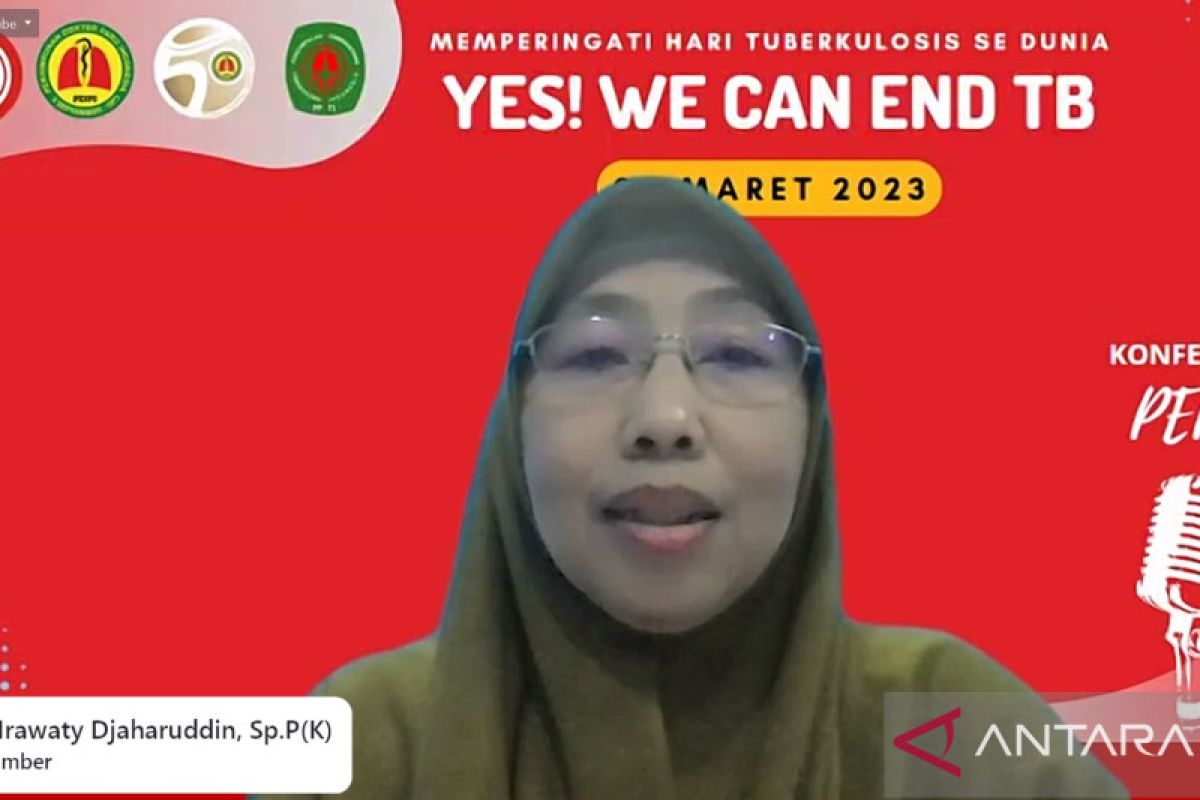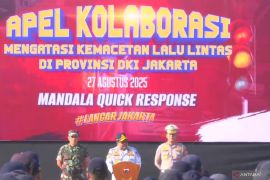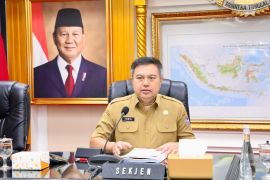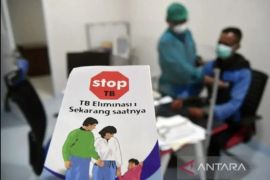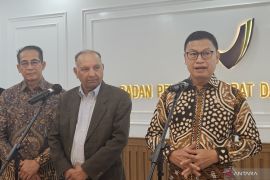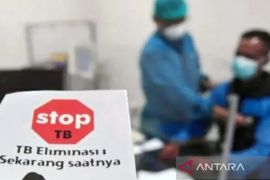"After the pandemic, there has been an increase in TB cases in Indonesia. Thus, in 2022, Indonesia ranked second as the country with the highest TB cases in the world after India," secretary of the PDPI’s infection working group Irawaty Djaharuddin said at the "Yes! We Can End TB" press conference, which was followed online on Friday.
According to her, one of the challenges is the low detection of TB cases. To tackle this, the government and relevant parties must boost community knowledge regarding TB symptoms through education and strengthen case detection.
Then, another challenge is the TB treatment success rate, which has not reached the target.
According to Djaharuddin, the treatment could succeed if supported by proper treatment from health workers, medicine availability, patient compliance, adequate management of drug side effects, and the utilization of video observed therapy (VOT) or other essential support systems as choices.
"Together with the Ministry of Health to immediately recommend a TB treatment regimen with a shorter duration, namely four months for drug-sensitive tuberculosis or the BPaL (bedaquiline, pretomanid, and linezolid) regimen for drug-resistant TB," she said.
Yet another challenge is the high TB morbidity and mortality associated with complications. To resolve this, it is crucial to teach people about severe TB, TB that is late to be treated, and TB with complications that can cause death, Djaharuddin said.
Furthermore, the low coverage of tuberculosis preventive treatment (TPT) in patients with latent TB infection has also become a problem. Currently, the health insurance for latent TB infection is not yet clear, the steps of diagnosis and treatment are not widely known, and the availability of drugs is insufficient.
The PDPI has made efforts to achieve equal distribution of specialist health workers in the management of complex cases and held workshops to increase doctors' competence in managing TB with complications.
The PDPI will also continue to synergize with the Ministry of Health in handling TB and actively participate in providing education on TB and carrying out research to give inputs to tackle other problems.
"Even though there are many challenges, PDPI is committed to providing the best services for TB handling," Djaharuddin remarked.
Related news: Tangerang's TB, diabetes screening service targets 38,000 residents
Related news: UGM launches application to monitor drug-resistant TB patients
Related news: Ministry conducts home-to-home tracking of TB cases: Official
Translator: Hreeloita Dharma, Raka Adji
Editor: Azis Kurmala
Copyright © ANTARA 2023
